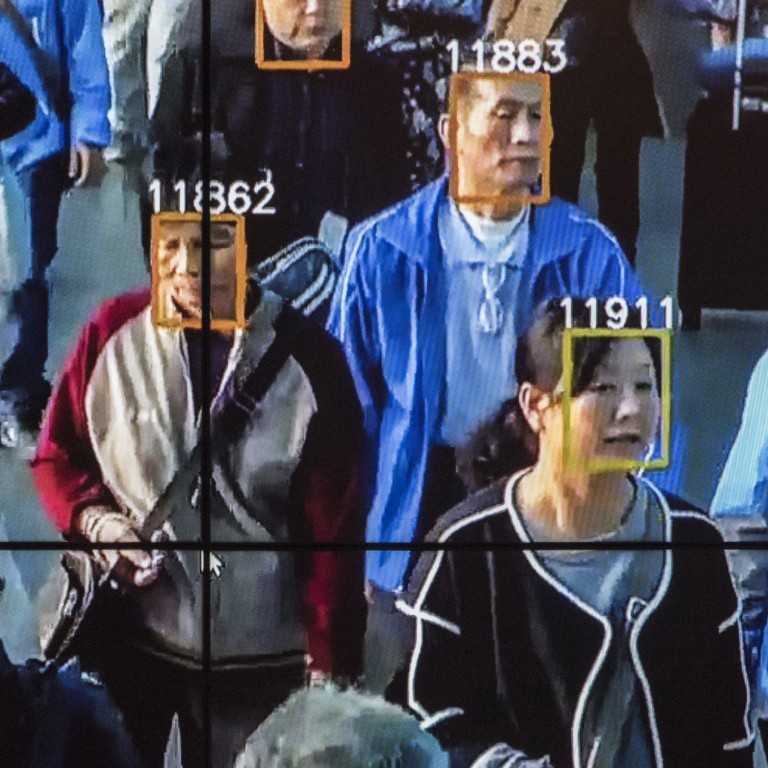Advertisement
Advertisement

From airports to jaywalking, facial recognition is a part of everyday life in China
How China is scanning faces for everything from security to sports
This article originally appeared on ABACUS
Plenty has been made about the potential impact artificial intelligence will have on autonomous vehicles and in helping diagnose illnesses.
In reality, they are several years away from our everyday lives.
The same can’t be said for security and policing in China, where facial recognition is fast becoming a part of daily life, with authorities using it in subway stations and at airports -- even on running tracks to ensure people don’t cheat during marathons.

Made possible by recent advances in things like machine learning, it is part of a push from China to become the world’s first “AI superpower.”
Facial recognition technology is the most striking example of this brave new world, allowing authorities to take advantage of the country’s 170 million CCTV cameras to quickly identify and cross-reference suspects in real time.
The South China Morning Post says a system known as “Sky Net” (yes, like the Terminator films) is being used as part of the tight security at the country’s annual parliamentary gathering, the National People's Congress.
It will automatically send an alarm to authorities if a wanted person is identified by cameras across the city.
Unlike in the United States, in China personal privacy is a relatively new concept, which may account for its faster adoption in the country.
At Beijing’s airport, facial recognition software from Baidu is being used to help ease the boarding process for the millions who travel over Chinese New Year. In the southern city of Shenzhen, would be jaywalkers are publicly shamed via massive billboards.

But it appears China’s citizens are starting to take notice -- and not all are happy about it.
A recent survey there found that three in four respondents are worried about the threat that artificial intelligence poses to their privacy.
For more insights into China tech, sign up for our tech newsletters, subscribe to our Inside China Tech podcast, and download the comprehensive 2019 China Internet Report. Also roam China Tech City, an award-winning interactive digital map at our sister site Abacus.

Post
